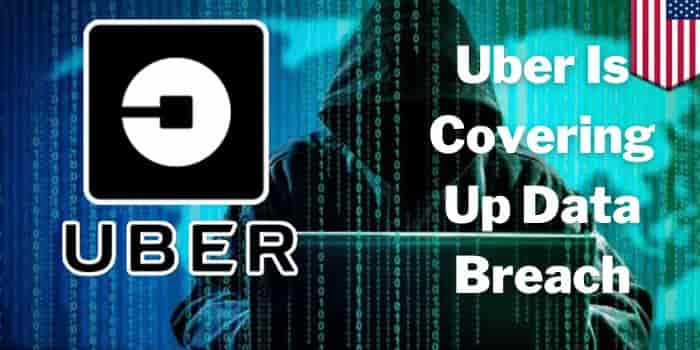In 2016, Uber acknowledged a massive data leakage that exposed information regarding Uber is covering up data breach involving 57 million users customer accounts and 600,000 drivers’ license numbers.
Under an agreement reached with the Department of Justice, HME’s Ride-Sharing platform has reached a non-prosecution agreement stemming from a criminal probe into the cover-up of a substantial computer-security breach suffered by the corporation in 2016.
As part of the settlement agreement reached by a deal involving Uber and the FTC to resolve the probe, Uber admitted that it concealed its 2016 data breach from the FTC, which at the time Uber is covering up data breach involving 57 million users in the progress of a pending investigation into the company’s data security practices.
“Uber admits that its personnel failed to report the November 2016 data breach to the FTC despite a pending FTC investigation into data security at the company,” the justice department said in a statement.
According to the allegations of Uber is covering up data breach involving 57 million users, the hackers who breached Uber used stolen administration credentials to gain access to a private source code repository and stole a private access key.
To infiltrate the Uber database, the hackers then used that key to access many records about users and drivers. Seize the top VPN for iPhone with an exclusive discount offer along with the security features.
The breach wasn’t reported to the authorities until approximately a year afterward, when new development overseeing the company, was uncovered by the justice department.
Uber reached a financial settlement with the Attorney Generals Offices of the 50 states and the area of Columbia in 2016, after the company had been accused of leaking the personal information of 57m people. It paid $148m, agreeing to comply with a corporate integrity programme.
Recently, a leaked trove of internal Uber documents revealed that the ride-hailing platform was alleged to break the law and secretly lobbied governments to expand globally.
